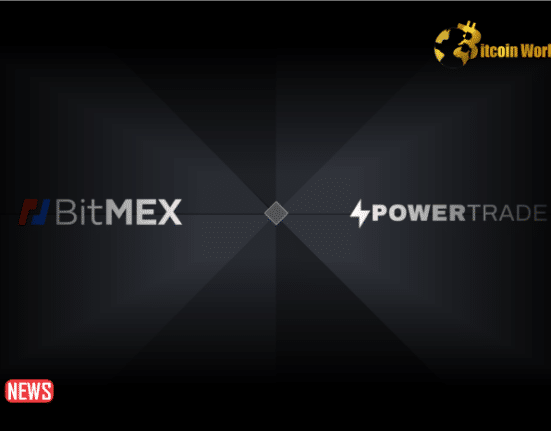The controversial Staff Accounting Bulletin 121 (SAB 121) issued by the Securities and Exchange Commission (SEC) in March 2022 has sparked intense criticism. During a recent House Financial Services Committee hearing on September 27, Gary Gensler, the SEC’s Chairman, expressed his willingness to testify before the committee. Gensler patiently endured over four hours of questioning, with much of it revolving around critiques of his agency’s policies and actions.
Among the myriad concerns raised, one particularly focused inquiry came from Representative Mike Flood, who questioned the SEC’s handling of Staff Accounting Bulletin 121 (SAB 121), released in March 2022. This bulletin pertains to the accounting and disclosure of cryptocurrency assets held by public companies, including banks and platforms like Robinhood and Coinbase.
Flood pointed out that, contrary to expectations, the SEC did not collaborate with prudential regulators before publishing SAB 121. Furthermore, the Financial Accounting Standards Board (FASB), a private entity responsible for establishing Generally Accepted Accounting Principles, had not issued any guidelines regarding digital asset custody. It was only in May 2022, following the release of SAB 121, that the FASB decided to address digital asset accounting standards.
Flood reminded Gensler of his earlier statement that SAB 121 offered guidance on the application of existing SEC rules. Flood inquired about these rules, to which Gensler responded, mentioning a 2009 regulation concerning the custody of digital assets by investment advisers and a separate SEC rule introduced in April 2021 pertaining to special purpose broker-dealers.
Flood countered by stating, “There were no SEC rules in place specifically addressing digital asset custody.” He went on to highlight that a rulemaking proposal regarding custody, including digital asset custody, had been initiated in February 2023 but had not yet reached a finalized stage. He concluded with a compelling argument, “At the time of issuing the bulletin, neither the FASB nor the SEC had taken any regulatory action on this matter. The SEC’s rationale for releasing the bulletin is grounded in accounting guidelines that simply did not exist at the time of its issuance.”
Flood suggested that the SEC either knowingly issued the guidance without strong justification or did so in error. SAB 121 mandates the disclosure of technological, legal, and regulatory risks associated with digital asset custody, and it faced opposition from the outset. SEC Commissioner Hester Peirce expressed her criticism on the day of its release. Additionally, five senators, including crypto advocate Cynthia Lummis, penned a letter to Gensler in June, characterizing SAB 121 as “regulation disguised as staff guidance.” Lummis and Representative Patrick McHenry, the committee Chair, sent another letter to prudential regulators in March, asserting that SAB 121 elevated the risks for crypto holders compared to the pre-bulletin era.
Notably, four members of the Financial Services Committee—Flood, Wiley Nickel, Tom Emmer, and Ritchie Torres—sent Gensler a letter the day prior, urging him to approve spot Bitcoin exchange-traded funds (ETFs). However, this topic did not receive significant attention during the hearing.
During the hearing, Nickel questioned Gensler about the SEC’s stance on the Grayscale case following the company’s successful appeal against the SEC’s decision to reject its Bitcoin ETF application. Representative Warren Davidson expressed concerns about the SEC’s approach to approving spot Bitcoin applications in light of the Grayscale decision. Gensler responded, stating that these applications were still under “active consideration.”
Emmer raised doubts about Gensler’s impartiality within the financial industry, while Torres engaged Gensler in a discussion concerning the interpretation of the Howey test.















